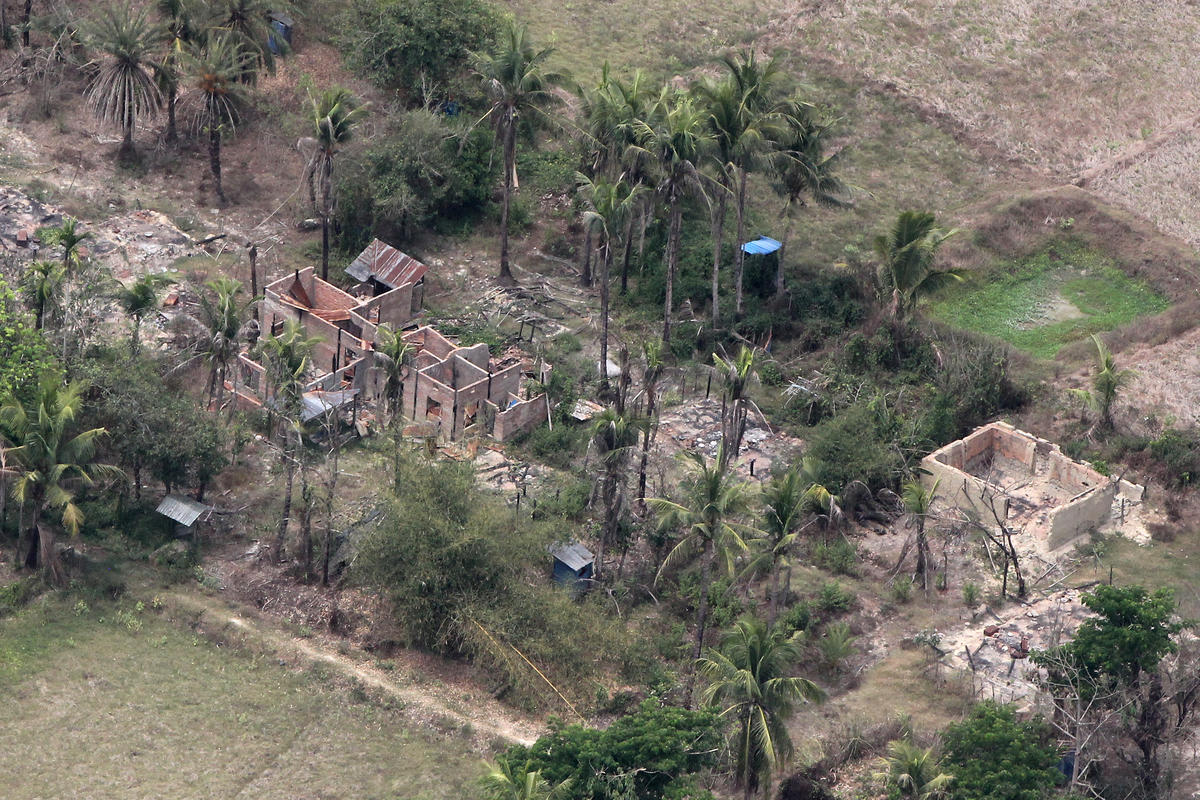Austria's asylum law could lead to breach of international laws if amended, warns UNHCR
Austria's asylum law could lead to breach of international laws if amended, warns UNHCR

GENEVA, Oct 8 (UNHCR) - The UN refugee agency has voiced serious concerns about a number of draft amendments to Austria's asylum law that, if agreed on next week, could deprive many refugees of the right to appeal and eventually lead to their deportation.
The amendments are due to be decided on by a key Austrian parliamentary committee next week. If subsequently adopted unchanged by Parliament, they could lead to violations of the 1951 UN Refugee Convention as well as international and European human rights law. They would also be among the most restrictive pieces of legislation within the European Union and could have a negative impact on the current EU harmonisation process.
In particular, UNHCR has cautioned against proposed amendments to the appeal system that could result in cases of refoulement - the forced return of a refugee directly, or indirectly, to a risk of persecution in his or her country.
"Appeals are an essential means to ensure that initial mistaken decisions can be corrected," said UNHCR's Director of International Protection, Erika Feller, noting that one out of five appeal cases in Austria are subsequently found to be genuine refugees. "To ensure that the final decision is indeed the correct one, appeals must be able to review all the relevant facts, as well as points of law."
One of the amendments proposes that at the appeal stage, new evidence and motives for flight can only be submitted in very tightly circumscribed circumstances - if the initial procedure was flawed; if facts of the case changed in a relevant way; if facts occurred after the initial decision; and if the asylum seeker could not present the facts earlier due to a traumatisation that can be "medically certified".
The last case, for example, does not take into account the fact that victims of torture or gender-based persecution are often hesitant to provide details of their ordeal, either because of pain and humiliation, or because of strong cultural or religious taboos. Such trauma is often difficult to diagnose or measure and thus may not meet the "medically certifiable" condition of the draft amendment.
As a result, refugees like these who, for whatever reason, did not immediately present the full case for fleeing their country may be denied access to the appeal system and ultimately be returned to a dangerous situation at home.
"There are many recognised refugees in Europe today who were only recognised after important new facts were coaxed out of them during an appeal process," said Feller. "This will not be the case in Austria, if these amendments go through Parliament. The chances of people who definitely should be recognised as refugees slipping through the net will increase substantially, with possibly tragic consequences."
Another restrictive measure does not allow a substantial portion of asylum seekers filing appeals to stay in Austria while their appeal is being heard. Even those who are permitted to stay during the appeal may already have been deported by the time they are granted permission to remain. This is especially true for appeals made at airports, where fast-track procedures often fly asylum seekers out within a short time.
UNHCR has also criticised proposals to refuse all asylum claims made at land borders, even if they are refugees clearly in need of international protection. In some cases, this may lead to chain deportations and ultimately, refoulement, as there are no clear-cut guarantees the asylum seekers will be accepted into neighbouring countries' asylum procedures.
"Non-refoulement is the most basic principle of international refugee law. It is not only included in the 1951 Convention, but also in international human rights law," stressed Feller, warning that the proposed amendments to the Austrian asylum law could lead to violations of these international rules.








